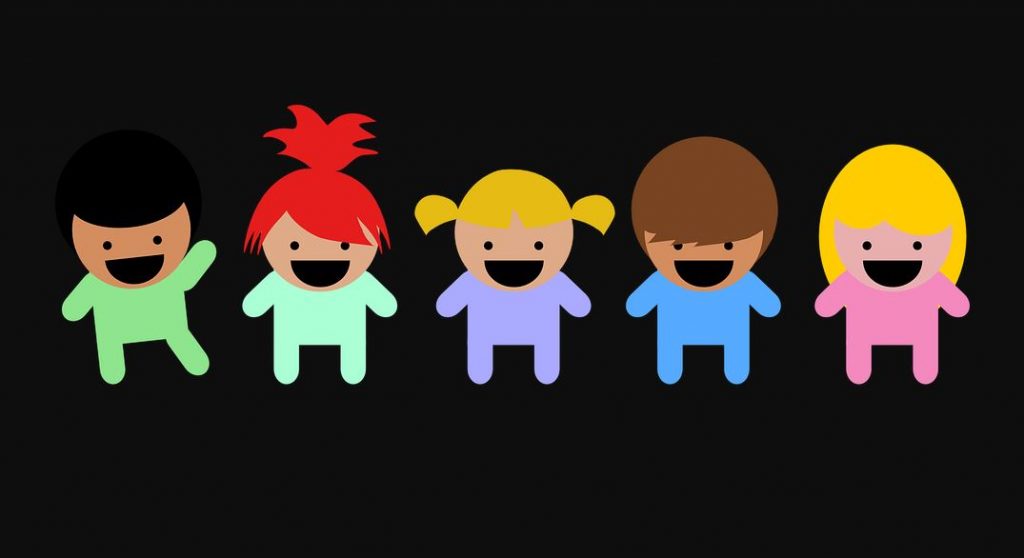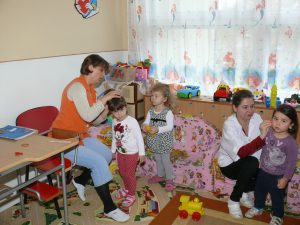
Parents worldwide yearn to see their children express themselves with utmost gratitude and confidence. We will talk about the significance of early intervention centres, the range of services they provide, ways to create an enriching environment at home and also explore what speech therapy encompasses. In the busy metropolis of Singapore, a child’s communication abilities are an invaluable asset. Let us explore the dynamics of speech therapy in Singapore, the significance of early intervention centres, the services they offer, speech therapy in particular, and last but not least, how to create an enriching communication environment at home.
Understanding Speech Therapy in Singapore
Speech and Language Therapy is a powerful resource for children, especially in Singapore, where effective communication is paramount. It focuses on enabling the children to articulate their needs, thoughts, and emotions. Speech therapy caters to language, speech, and communication disorders by employing tailored techniques designed per Singapore’s unique linguistic diversity. This journey unlocks doors to brighter and more significant opportunities for our young ones.
Recognizing Speech Disorders from Language Delays in the Singaporean Context
Understanding and differentiating between speech disorders and language delays is necessary, especially in Singapore’s multicultural landscape, to know precisely which therapy is effective for your child.
Speech Disorders
Speech disorders include conditions like apraxia and speech sound disorders. Apraxia impacts the motor planning required for speech production, often complicating the precise movements for clear speech. Speech sound disorders involve difficulties articulating specific sounds, resulting in unclear speech.
Language Delays
Language delays refer to challenges in expressive and receptive language skills. In Singapore, these challenges are encountered in a diverse linguistic setting. For example, global developmental delay can encompass delays in multiple developmental areas, including language acquisition. Recognizing these differences is essential for effective intervention.
The Vital Role of Speech Therapy Centers in Singapore
The house dedicated speech therapists as well-versed in the linguistic intricacies of the Lion City. Early intervention centres offering speech therapy in Singapore are crucial bridges that help children overcome any sort of communication hurdles. These centres encompass a nurturing environment where children also find family support. Speech therapists will encourage families to explore, enhance and expand their children’s communication abilities outside therapy sessions.
One of the early intervention centres, Bridging the Gap, offers a detailed approach that includes language, speech, social skills, and overall communicational development. They provide individualized treatment plans and specialized care to ensure that every child gets the utmost attention and support to thrive in the vibrant environment setting of Singapore.
Speech therapy has evolved into a respectful great force in the dynamic city-state of Singapore. It empowers young minds to voice out and communicate more confidently and effectively.
Singapore stands as a shining example of the transformative power of speech therapy. The rich history of achievements enlightens the journey of speech therapy from the root point to the success stories of children it has touched. It is a journey worth celebrating as it continues to pave the way further in the Lion City.




















